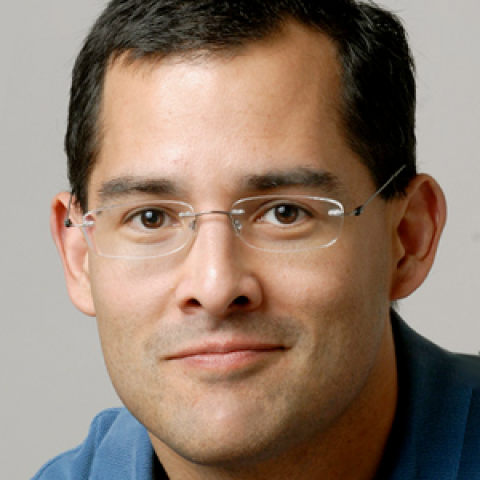
Novel Technologies to Investigate the Neural Stem Cell Niche
DAVID SCHAFFER, UC BERKELEY
Elucidating the mechanisms that regulate stem cell behavior is critical for understanding the roles these cells play in organismal development and function as well as for harnessing stem cells to repair tissues damaged by disease or injury. However, stem cell regulation is a complex process that involves intricate signaling interactions among diverse cell types in the niche that in turn activate multiple intracellular signaling pathways to ultimately control cell behavior. Improved techniques are needed to investigate these complex mechanisms in vitro and particular in vivo. For example, viral gene delivery vectors offer the potential for precise genetic perturbations in organisms at any age. In addition, vectors based on viruses such as adeno-associated virus (AAV) have been enjoying increasing human clinical trial success, and they therefore offer a translational path for any basic advances. However, evolution did not endow AAV or other viruses with the capacity for efficient and specific transduction of target cells such as stem cells. Over the past decade, Dr. Schaffer's group initially developed and has been implementing directed vector evolution as a high throughput approach to engineer AAV variants with novel properties, including enhanced biodistribution and spread, targeted delivery to specific cells such as stem cells or their neighbors, and gene editing within a cell. This talk will discuss directed evolution of novel and biomedically relevant AAV variants, as well as the application of gene delivery technologies to investigate cells and stem cells in the nervous system.
February 11th, 2016 at 12:15 PM in Clark Center Seminar Room S360
Hosted by:
Michael Lin, Assistant Professor of Neurobiology and Bioengineering
Pre-Seminar February 9th, 2016 at 12:15 PM in Clark S361
